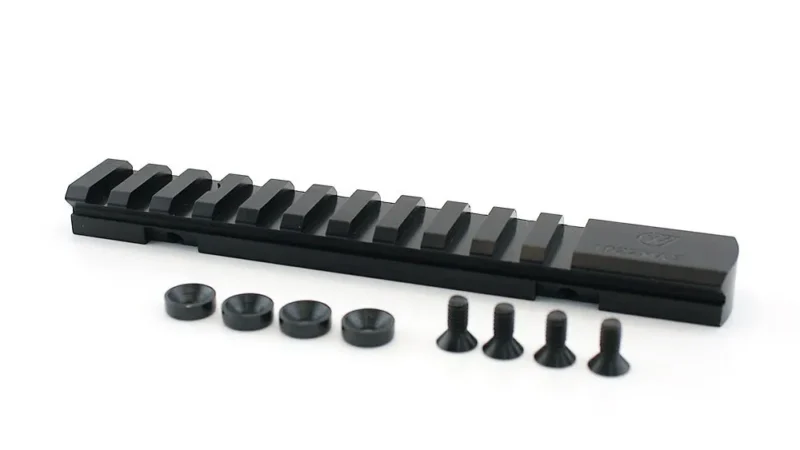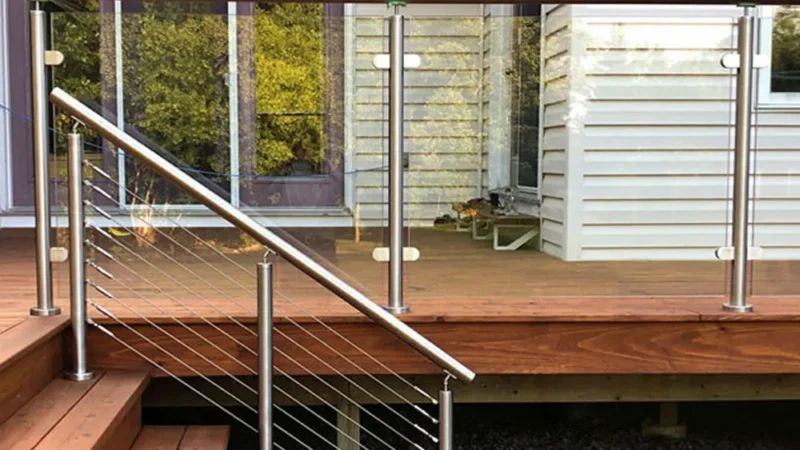Worker’s Comp Hearings and Appeals: A Step-by-Step Guide

Understanding the process of worker’s compensation hearings and appeals is essential for any employee who finds themselves embroiled in a dispute over their claim. It’s not uncommon for initial workers’ comp claims to be denied, leaving the injured worker facing the daunting prospect of a hearing or an appeal. For those navigating this challenging process, https://www.topinjurylaw.com/ can be invaluable, offering expert legal guidance and support. This guide aims to demystify the process, providing a roadmap for what to expect and how to prepare.
The Journey from Claim Denial to Hearing
When a workers’ comp claim is denied, the first step towards resolution is often a hearing. This is a legal proceeding where both parties present their case before a workers’ compensation judge or board. The process is less formal than a trial but still requires diligent preparation.
Preparing for Your Day in Court
Preparation for a worker’s comp hearing typically involves gathering all relevant medical records, incident reports, and any witness statements that support your claim. It’s also a time to consult with a lawyer who specializes in workers’ compensation to help build your case and represent you during the hearing.
The Anatomy of a Worker’s Comp Hearing
A workers’ comp hearing is akin to a mini-trial focused exclusively on your workers’ compensation claim. During the hearing, both sides will have the opportunity to present evidence, call witnesses, and make arguments to the judge.
Presenting Your Evidence
The key to a successful hearing is presenting clear and convincing evidence that supports your claim. This may include testimony about the nature of your job, the circumstances of your injury, the treatments you’ve received, and how the injury has impacted your ability to work.
After the Hearing: The Decision
After both sides have presented their cases, the judge will make a decision. This decision will be based on the law and the evidence presented during the hearing. It’s possible that the judge will announce the decision at the end of the hearing, but more often, the decision will be mailed to both parties at a later date.
Understanding the Outcome
The judge’s decision will outline the benefits you are entitled to or provide the reasons for denying your claim. If your claim is approved, you will receive instructions on how to proceed with obtaining your benefits. If your claim is denied, the decision will include information on how to appeal.
When to Consider an Appeal
If the decision from the hearing is not in your favor, you may have the right to appeal. An appeal is a request for a higher authority to review the decision made at the hearing. The appeals process can vary significantly from one jurisdiction to another.
The Appeal Process: A Second Chance
The appeal process often involves submitting a written argument detailing why the hearing decision was incorrect. This is usually based on legal grounds, such as a misinterpretation of the law or a mistake in evaluating the evidence. It’s crucial to adhere to the strict deadlines for filing an appeal.
The Final Verdict: Appeal Outcomes
The outcome of an appeal can either uphold the original decision, reverse it, or send the case back for a new hearing. If the appeal is successful, you may receive the benefits that were initially denied. However, if the appeal is unsuccessful, the original decision will stand.
Acceptance or Further Action
In some cases, if an appeal is unsuccessful, there may still be an option for further appeals to higher courts. This is a complex and time-consuming process, and at this point, the advice and representation of an experienced attorney are invaluable.
Best Practices for Hearings and Appeals
To increase the chances of a successful hearing or appeal, it’s important to follow certain best practices. This includes meeting all deadlines, thoroughly preparing your case, and seeking the help of a lawyer who understands the intricacies of workers’ comp law.
Legal Assistance: Your Best Ally
A workers’ compensation attorney can be your best ally throughout the hearings and appeals process. Their expertise at http://workerscompensationattorneylosangeles.net/, can guide you through the preparation and presentation of your case, help you understand the legal jargon, and represent your interests effectively. This support is invaluable in navigating the complex waters of workers’ compensation claims, ensuring you have a knowledgeable advocate on your side.
Navigating the waters of workers’ comp hearings and appeals requires patience, preparation, and persistence. Understanding the process and knowing what to expect at each stage can alleviate some of the stress and confusion. Whether you’re preparing for a hearing or considering an appeal, remember that you don’t have to go through it alone. Legal experts in workers’ compensation can offer invaluable support, ensuring that your rights are protected and that you have the best possible chance of securing the benefits you need to recover and move forward with your life.






